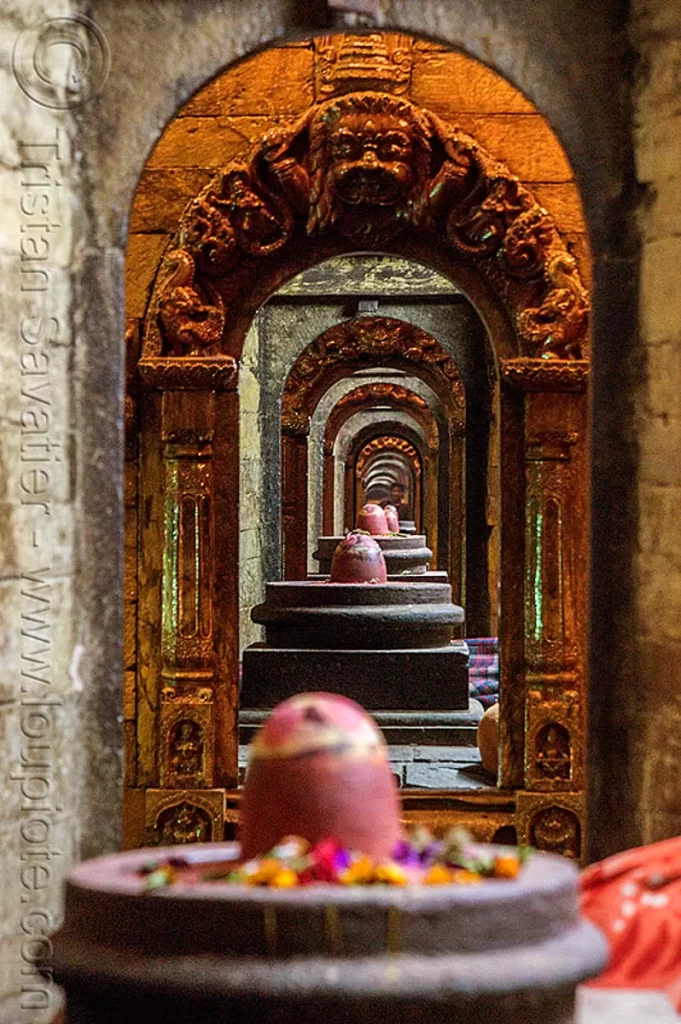
Shivaratri, the Night of Lord Shiva, is one of the most sacred and widely celebrated festivals in Nepal, dedicated to the worship of the Hindu deity Shiva. Observed with fervent devotion and elaborate rituals, Shivaratri holds profound spiritual significance for millions of devotees across the country.
Celebrated annually in February or March, Shivaratri falls on the 14th day of the lunar month of Phalgun according to the Hindu calendar. It is believed to commemorate the day when Lord Shiva performed the divine dance of creation, preservation, and destruction, known as the “Tandava.”
The festival is marked by elaborate ceremonies and observances at temples dedicated to Lord Shiva, such as the Pashupatinath Temple in Kathmandu, one of the holiest shrines in Hinduism. Devotees gather in large numbers to offer prayers, perform rituals, and make offerings of flowers, fruits, and incense to the deity.
One of the most important rituals of Shivaratri is the “Shiva Linga” puja, where devotees bathe a representation of the Shiva Linga—a symbol of Lord Shiva’s divine energy—with water, milk, and honey, and adorn it with bilva leaves. This act is believed to purify the soul and bring blessings for prosperity, health, and spiritual liberation.
Throughout the night, devotees engage in continuous chanting of sacred hymns, such as the “Om Namah Shivaya” mantra, and participate in devotional singing and dancing in praise of Lord Shiva. Many observe a strict fast, abstaining from food and water as a mark of penance and devotion.
Shivaratri is also associated with the legend of Lord Shiva drinking poison to save the universe during the churning of the ocean by gods and demons. To commemorate this event, devotees consume a drink made from cannabis leaves, known as “bhang,” which is believed to have medicinal and spiritual properties.
As the night progresses, the atmosphere at Shivaratri celebrations is filled with a sense of reverence, devotion, and spiritual fervor. The sound of bells, drums, and chants reverberates through the air, creating a mystical ambiance that transports devotees into a state of heightened consciousness and divine communion.
In conclusion, Shivaratri is not just a festival; it is a sacred journey of the soul, a night of devotion and surrender to the divine grace of Lord Shiva. As Nepalese people come together to celebrate this auspicious occasion, they seek blessings for spiritual enlightenment, inner peace, and eternal bliss in the divine presence of the Lord of Lords.